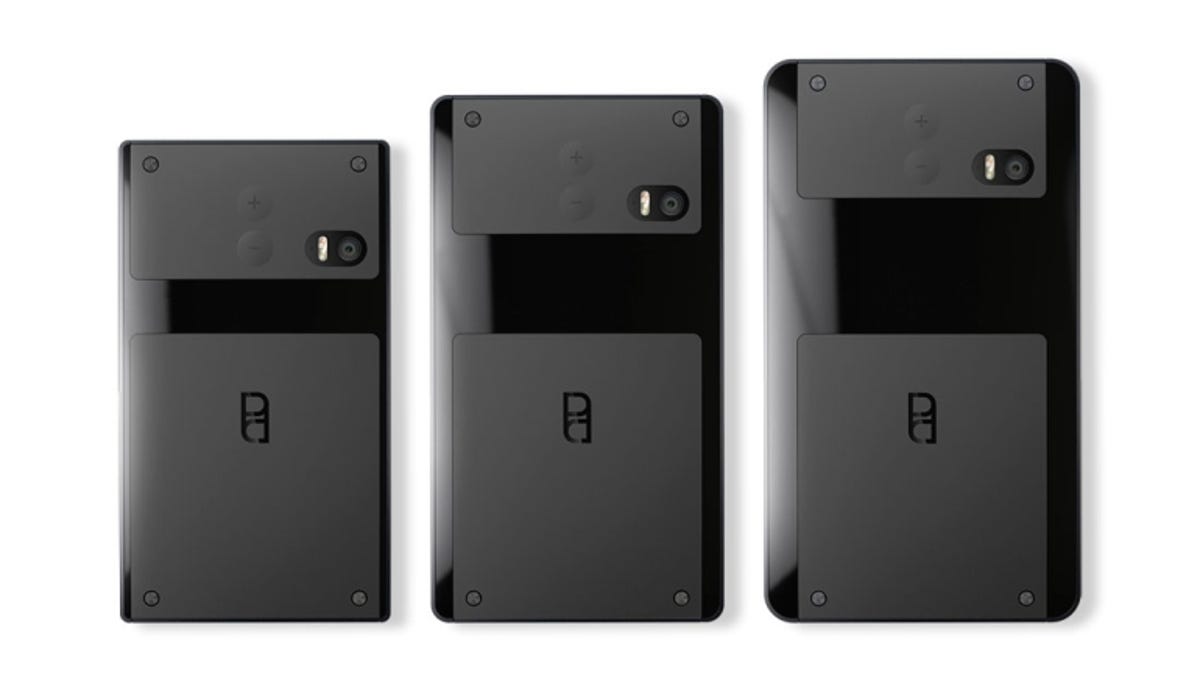
Circular Devices
It was only a matter of time before a competitor for Google’s Project Ara reared its head. PuzzlePhone is the work of Finland-based Circular Devices, and its guiding principle is one it shares with Ara: to be a sustainable smartphone designed to last longer thanks to upgradeable parts, rather than a device that’s entirely replaced when something newer, faster and shinier hits the market.
Related articles
- Google targeting Project Ara modular phone for January 2015
- Google’s modular smartphone Project Ara gets one step closer
- Blocks: A customisable, modular smartwatch
Unlike Project Ara, however, PuzzlePhone doesn’t have a large number of interchangeable parts. Instead, it has just three: the Spine, which is the “backbone” of the phone and houses the LCD screens, main buttons, speaker and microphone; the Heart, which contains the battery and secondary electronics; and the Brain, which contains the processor and components such as the camera. These are the basic building blocks of a phone; add too many more, the company believes, and you start to overcomplicate things.
“We are similar [to Project Ara] but with different physical approaches, in the sense that three pieces are closer to the device’s actual internal distribution, which translates into a cost-effective adoption by the industry,” Circular Devices founder Alejandro Santacreu told ZDNet.


Circular Devices
“If you open your smartphone, you will find these three vital body parts: the brain (electronics), the spine (display) and the heart (battery). They are already there for a good reason. For many years industry manufacturers have found it is the most efficient way of doing things. By trying to change this by splitting them into further modules, the supply chain would only suffer.”
By minimising the number of parts, PuzzlePhone wouldn’t, perhaps, be as customisable as Project Ara, but it would possibly be easier for the end user, while minimising waste. And its open-source code — the OS will be an Android fork initially, though it will be compatible with other OSes later — would mean community support and tinkering. Plus, the company hopes, it would minimise waste.
You can watch a short video about the phone below, and find more information on the PuzzlePhone website.



